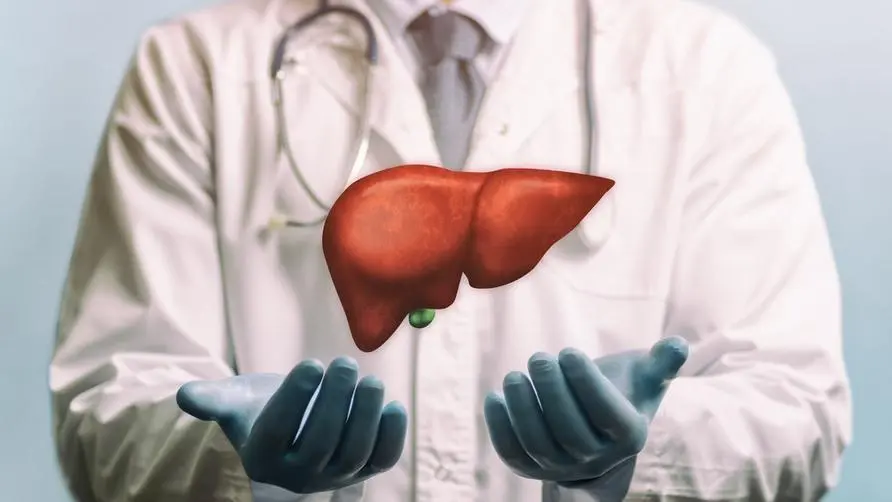Are you always feeling sluggish at work in the morning? Research confirms: Improve "4 things" to get rid of drowsiness faster

If you always feel drowsy and unmotivated when working in the morning, it may not only be a problem with your sleep the night before, but also related to your exercise status and breakfast intake the day before? A study published in “Nature Communication” analyzed personal living habits and showed that “four major factors” may be the key to determining whether your mental state is good in the morning.
Always drowsy at work in the morning? Study reveals “4 major factors” determine morning energy
The research team focused specifically on the impact of “Sleep Inertia” on the human body. Sleep inertia means that after being awakened, the human body goes through a stage of low alertness, cognitive decline, and drowsiness, which is the sleepy state between “waking up” and “waking up”. Through past meta-analyses, the research team selected the four factors most closely related to sleep inertia: the sleep status of the previous night, the physical activity of the previous day, the nutritional content of breakfast, and the blood sugar level after breakfast.
In order to test the impact of these factors, the research team recruited 833 subjects aged 18-65 to obtain their sleep status, exercise volume, blood sugar and other health values through wearable devices within 2 weeks, and used 0-100 as the morning index. Mental status assessment scores. After 2 weeks of observation, the 4 results are analyzed as follows:
Sleep duration. If you sleep longer than usual the night before and wake up later, you will be able to escape sleep inertia sooner. It should be noted that behaviors that prolong sleep time, such as staying in bed and falling back asleep, will not help improve your morning energy. On the contrary, they may release sleepy signals to the brain and make sleep inertia last longer.
The amount of exercise done the day before. Higher levels of physical activity the day before have been linked to better mental states in the morning. However, research shows that only exercising within the 10 hours when the body is most active the day before is helpful in slowing down sleep inertia; while exercising at night is associated with a lower morning mental state. Therefore, research suggests that training during the day may be more beneficial to sleep than at night.
Breakfast intake content. The research team gave the subjects high-carbohydrate, high-protein and high-fiber diets as breakfast respectively. After comparison, they found that the high-carb breakfast group was related to better morning energy; while the high-protein diet may prolong sleep inertia. According to the study, the possible reason is that high-carbohydrate breakfast contains 23% of other nutrients, 16% fat and 7% protein. The multiple sources of nutrients affected the results.
Post-meal blood sugar levels. Those with lower blood sugar within 2.5 hours after a meal are related to a better mental state in the morning. But according to the results of the third study, high carbohydrates should be related to higher blood sugar levels. Why are the results different between the two? The research team explained that when measuring the blood sugar of subjects, only the “Oral Glucose Tolerance Test” (OGTT) was used as the criterion. Compared with the multi-nutrients in food carbohydrates, the impact of pure carbohydrates (glucose) on blood sugar Probably more intense.
Will skipping breakfast affect your morning energy? Experts say lack of nutrition may lead to “chronic fatigue”
It is worth noting that the above four factors independently affect morning energy. It is not yet certain whether the four measures taken together will strengthen or weaken sleep inertia. Overall, in addition to blood sugar, sleep duration and meal content, more positive emotional expression, older age, less frequent eating during the day, and better sleep quality are also important factors in predicting morning mental state.
Raphael Vallat, the author of the study, said that the study has not included people whose blood sugar is prone to fluctuations, such as those with chronic diseases or diabetes. Future research must pay more attention to the nutritional content of breakfast and its impact on morning energy. In addition, whether eating breakfast or not will affect the mental state in the morning also needs further clarification. However, according to previous research from Ohio State University in the United States, people who skip breakfast consume less vitamins and minerals than those who eat breakfast; among them, folic acid, calcium, iron, vitamins A, C, D, and vitamin B1, The difference between B2 and B3 is most obvious.
Christopher Taylor, the lead author of the study, pointed out that people who skip breakfast sometimes do not even meet the minimum recommended intake of nutrients throughout the day, and the quality of their diet is also lower than those who are accustomed to eating breakfast, such as sugar, More carbohydrates and cholesterol than those who eat breakfast. Taylor said this phenomenon may be because people who skip breakfast tend to replenish their missing calories through snacks and late-night snacks, which are often less healthy. In addition, due to the long-term scarcity of nutrients (such as vitamin B complex), those who skip breakfast and become nutrient deficient may experience longer periods of fatigue, poor energy, and difficulty concentrating.
Source:
Further reading:





